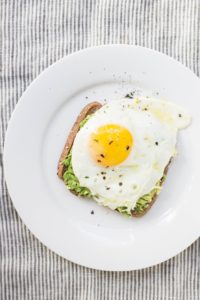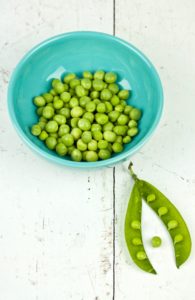When your goal is to preserve renal function, protein intake needs to be considered. Protein restriction has been shown to slow down CKD progression. However, it’s important to make sure your body is still getting the amount of protein it needs to function optimally. Let’s unpack this a bit.
If I had to guess, I’d say that before having CKD you never worried about eating too much protein. People typically pay more attention to whether they are getting enough protein. And for good reason. Protein is an essential nutrient and involved in every aspect of how our body functions. The human body is made up of over 100,000 unique proteins.
Every single cell contains some protein, and it forms the structure of our organs, muscles, bones, skin, hair and eyes. When we eat protein our body digests it and breaks it down into individual amino acids.
There are 20 different amino acids that make up the protein in our body and 9 of these amino acids are considered essential, meaning we must get them from our diet. If your diet is lacking in one of these amino acids, it will not be able to make the protein it needs to function at its best.
While protein restriction is very important for preserving function, it can’t be at the expense of these 9 essential amino acids. There is a delicate balance between avoiding excessive protein, but making sure your amino acid needs are met. Here are some ways to do this:
1. Make sure to eat a protein source at every meal.
Kidney friendly protein sources include tofu, quinoa*, buckwheat (kasha), eggs (whole* or white), small amounts of cheese (1oz), plain whole milk yogurt*, legumes, whole grains, nuts and seeds.
2. Diversify your protein
Be intentional about including a variety of different protein sources in your diet. Each protein food contains a mix of different amino acids. Including different types throughout the day will supply your body with all of the necessary essential amino acids it needs.
3. Watch your BUN level
 Your doctor tests your BUN level regularly. We should see your BUN level decrease upon adopting a kidney friendly diet. If your BUN level is not improving, it could be a sign that you are still eating too much protein. It could also indicate that you are in a state of malnutrition and your body is breaking down protein from its stores.
Your doctor tests your BUN level regularly. We should see your BUN level decrease upon adopting a kidney friendly diet. If your BUN level is not improving, it could be a sign that you are still eating too much protein. It could also indicate that you are in a state of malnutrition and your body is breaking down protein from its stores.
4. Consider temporarily tracking your food.
I say temporarily because most people do not like to do this long term. However, short term food logging can be really enlightening. It can show us what nutrients you are getting too much of or what nutrients you are lacking in (such as amino acids). We use this information to determine what changes are needed to optimize your nutrition. Cronometer is my favorite nutrition tracking tool.

